A Delicate Balance

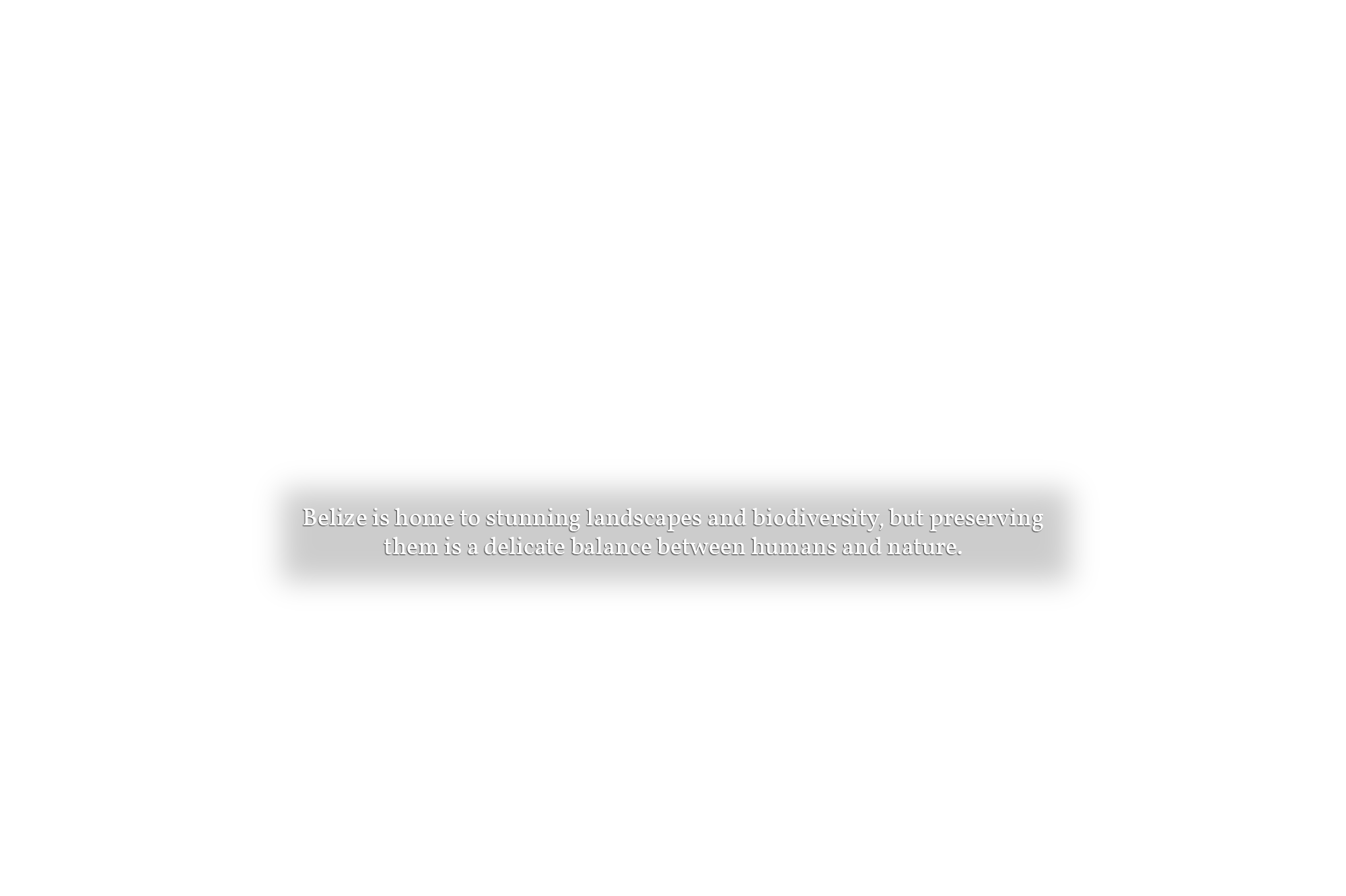
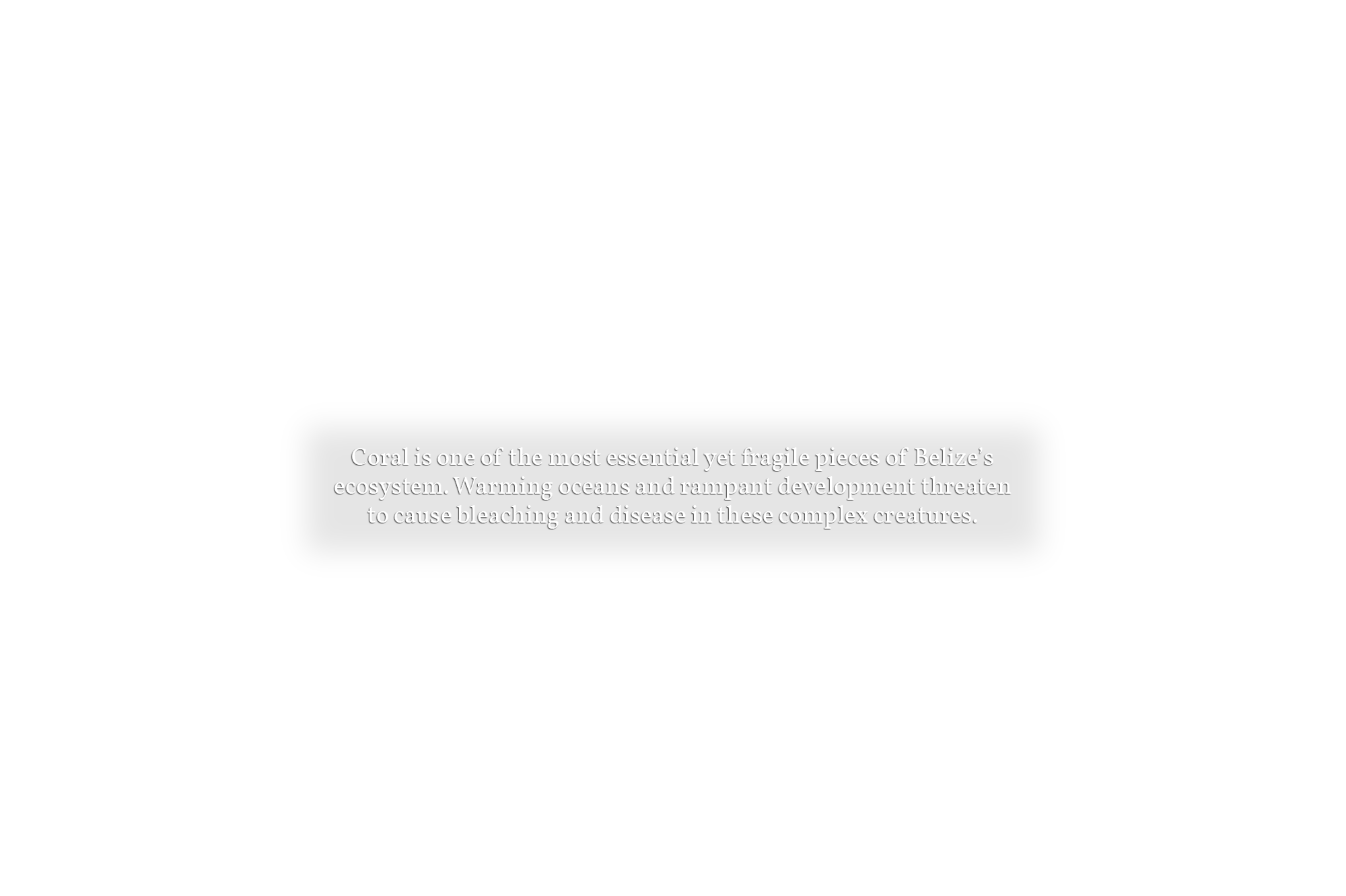
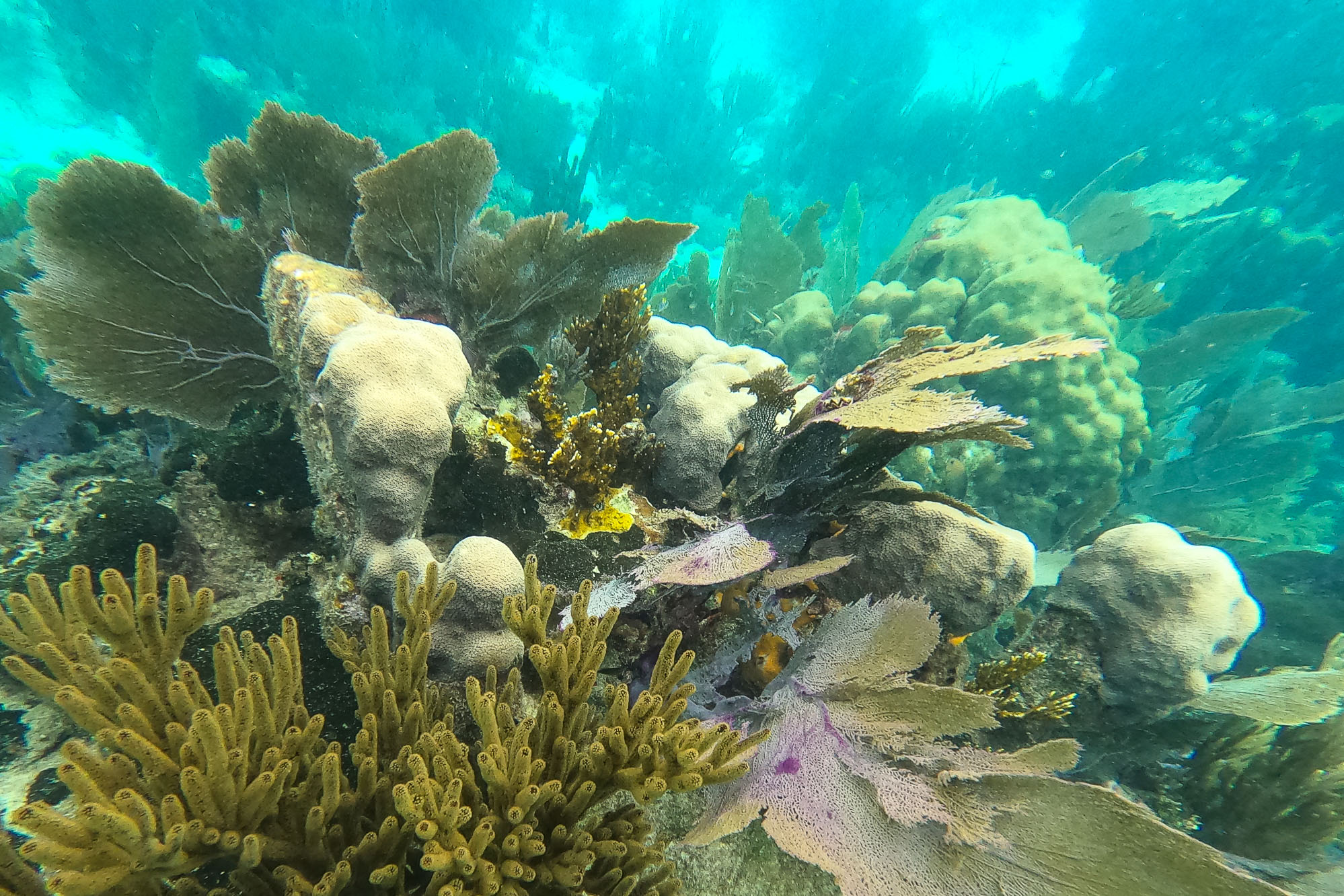
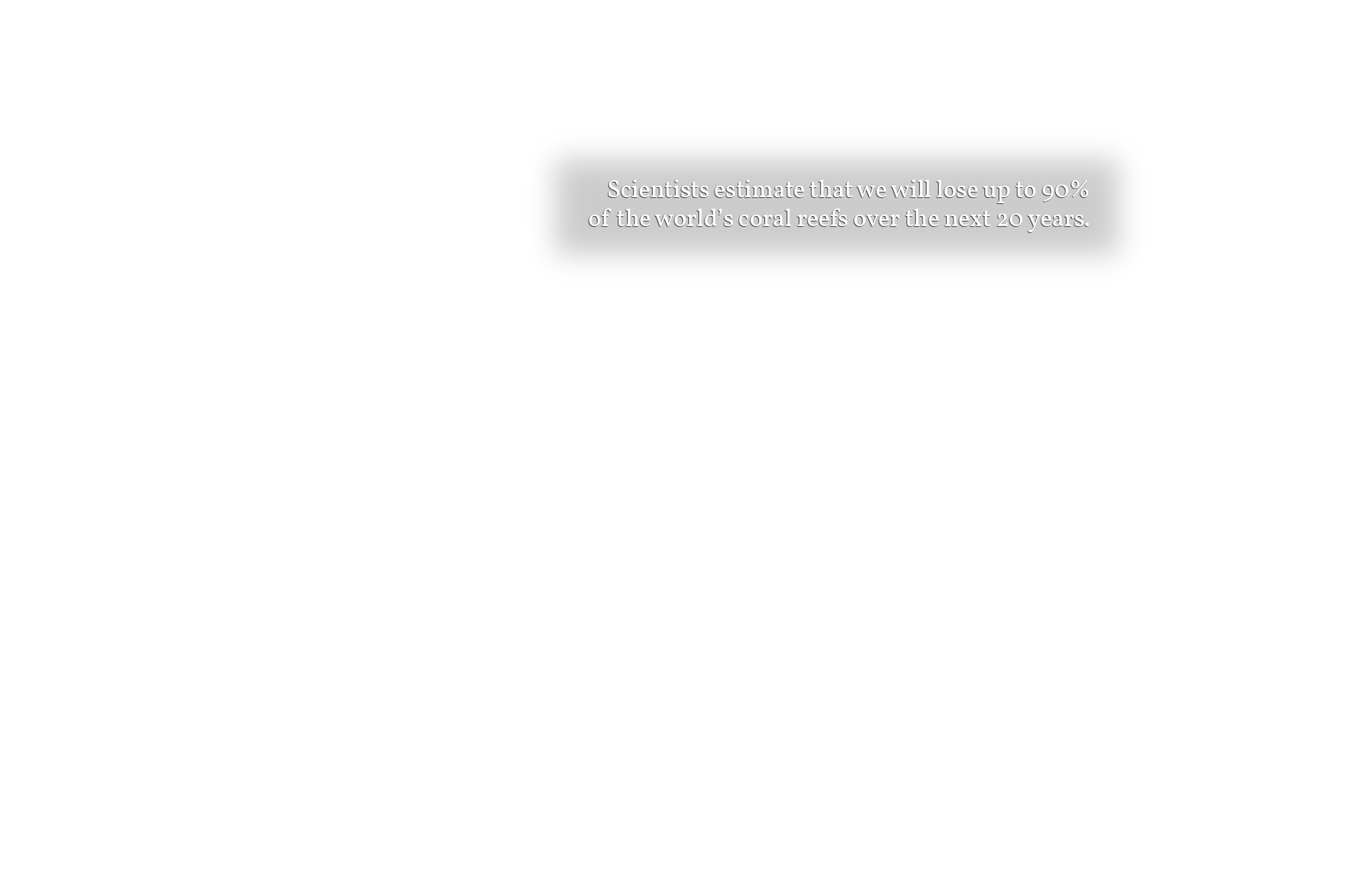
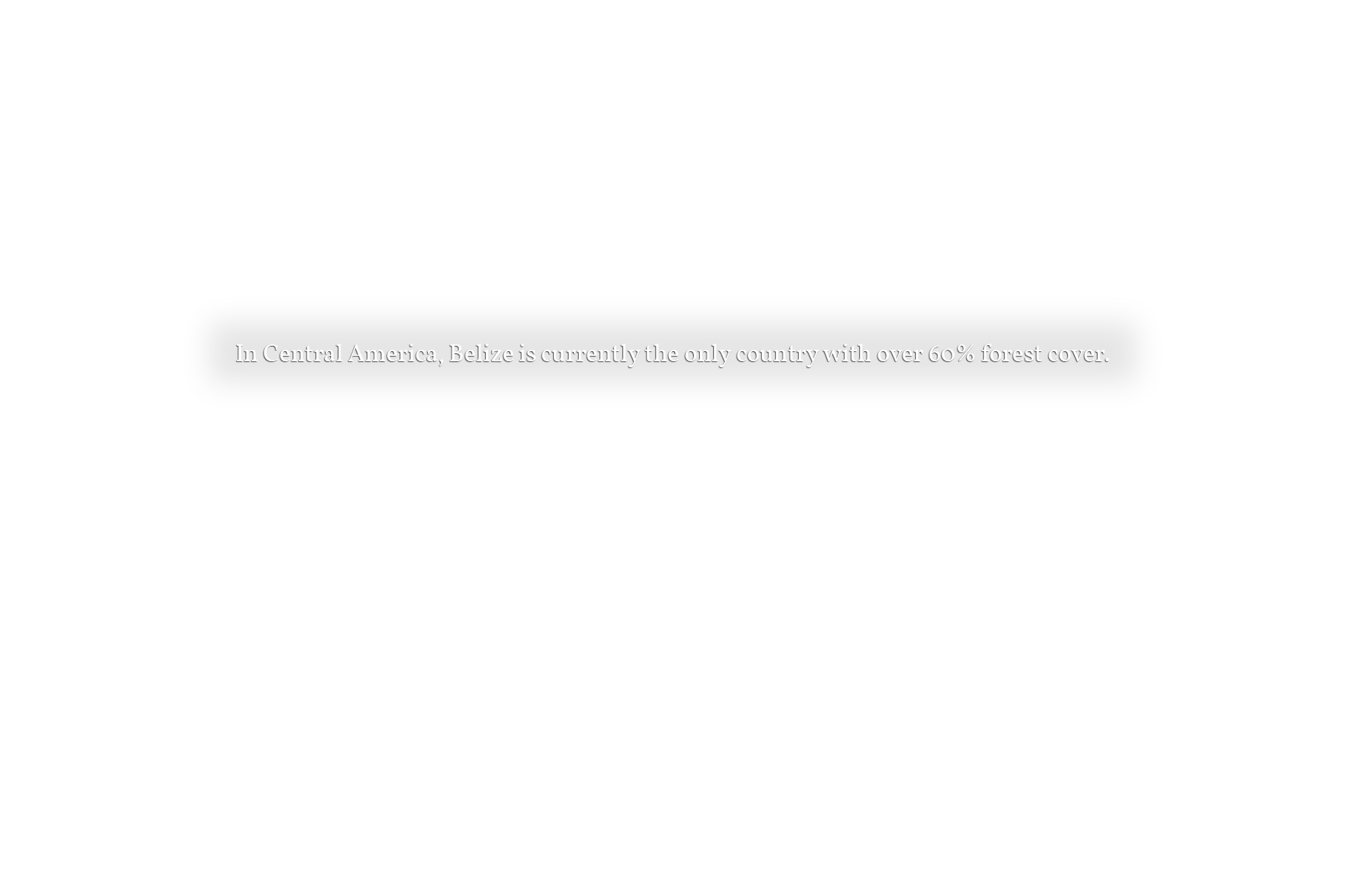
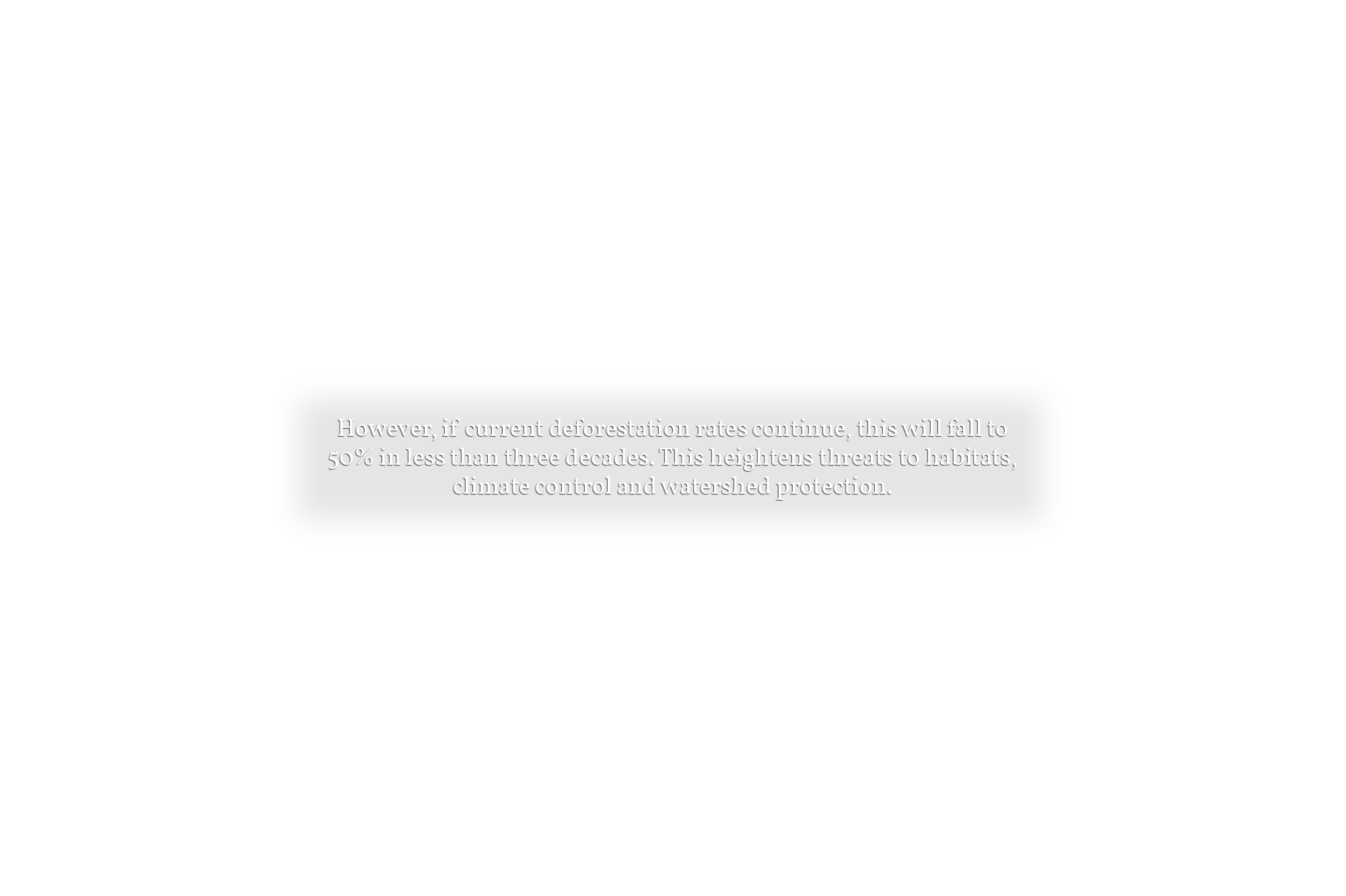
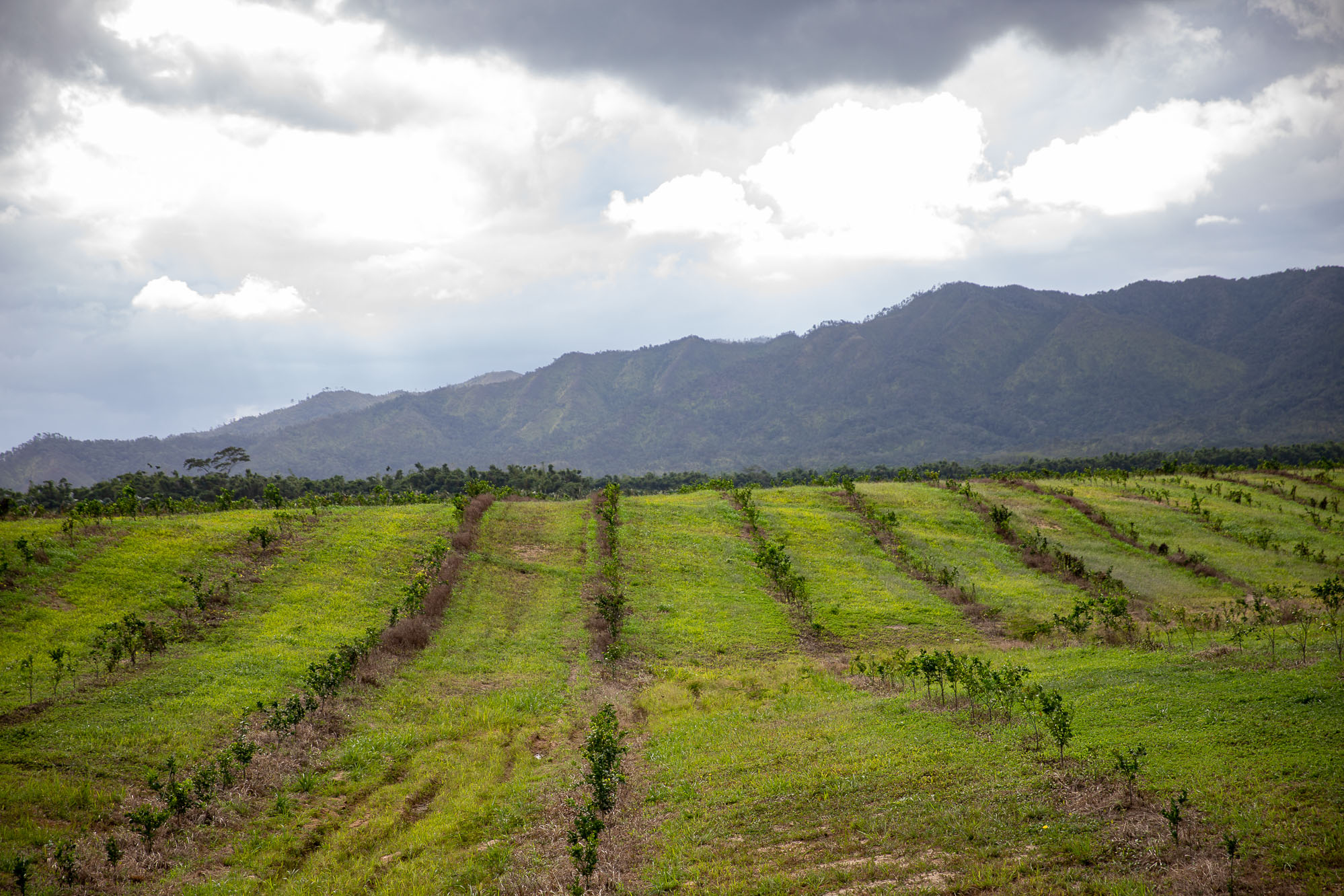
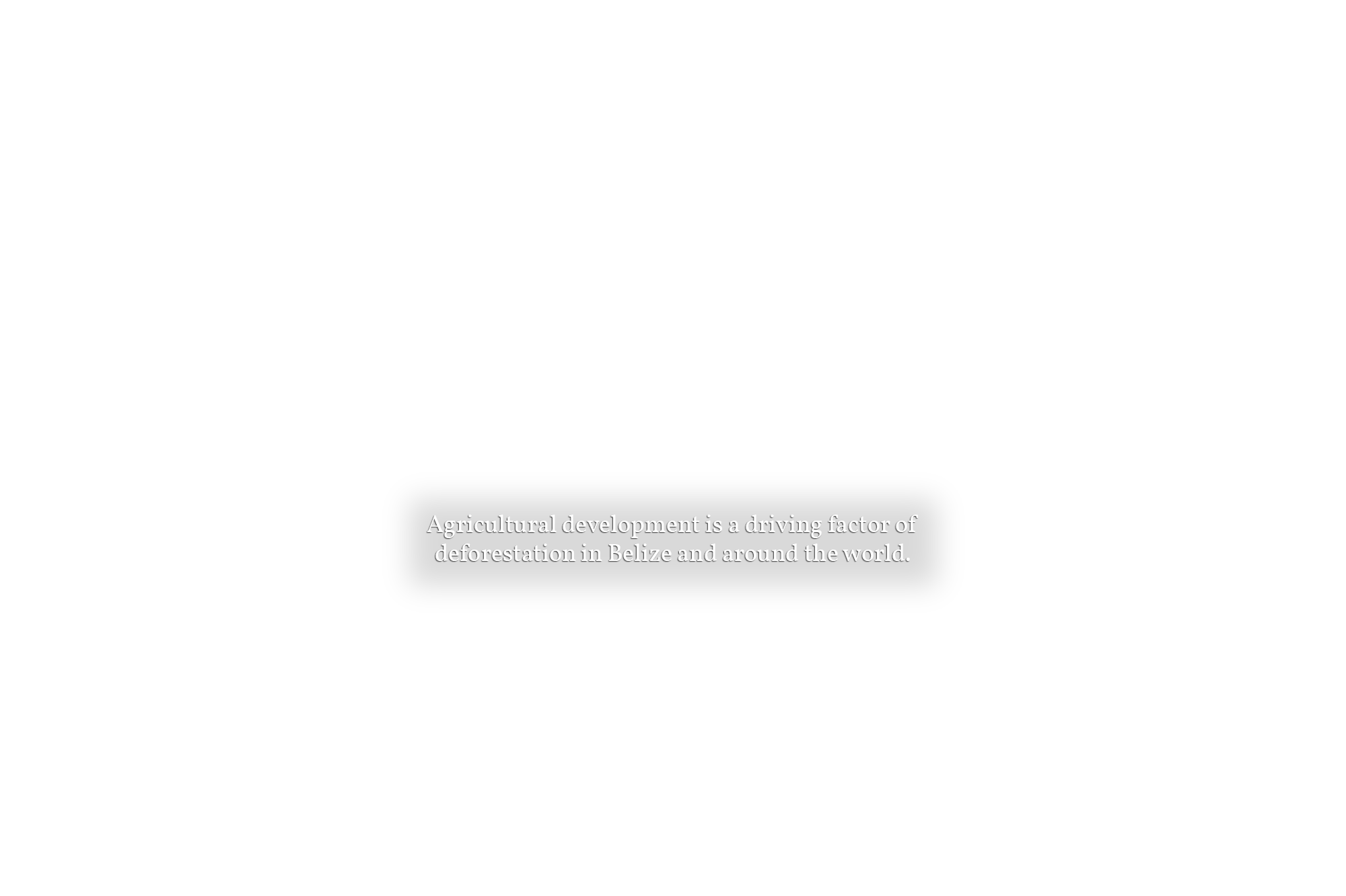
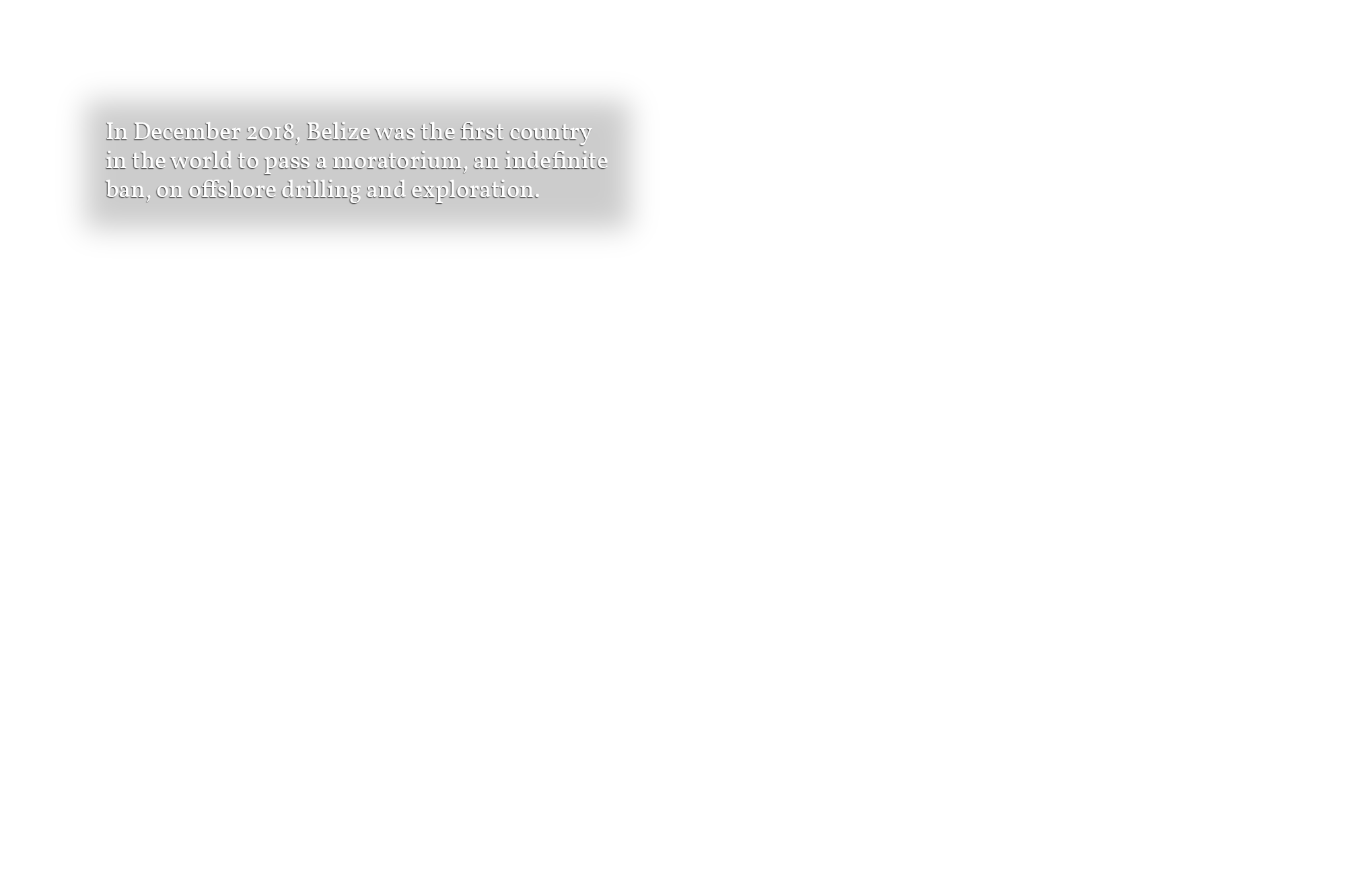
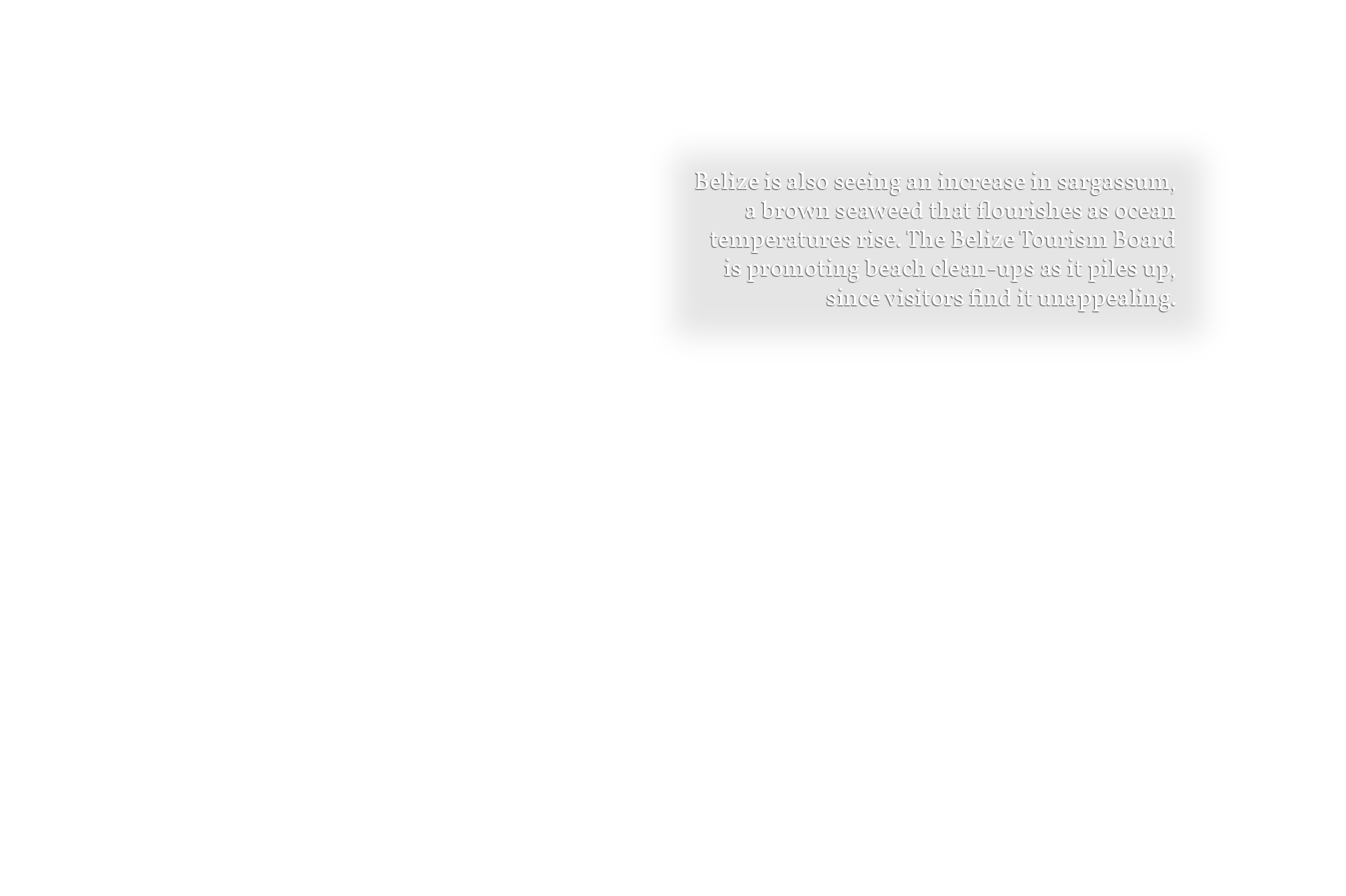
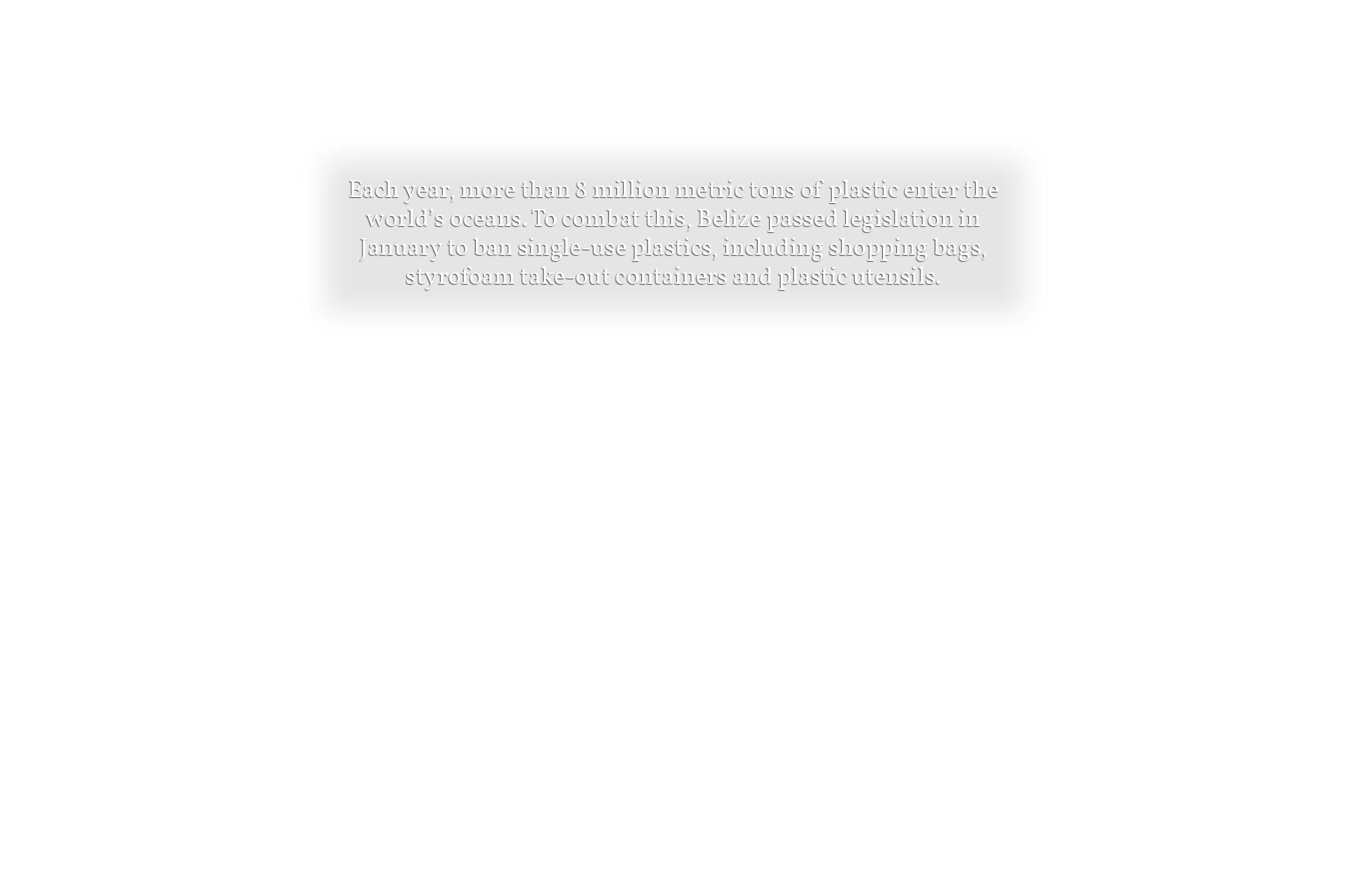
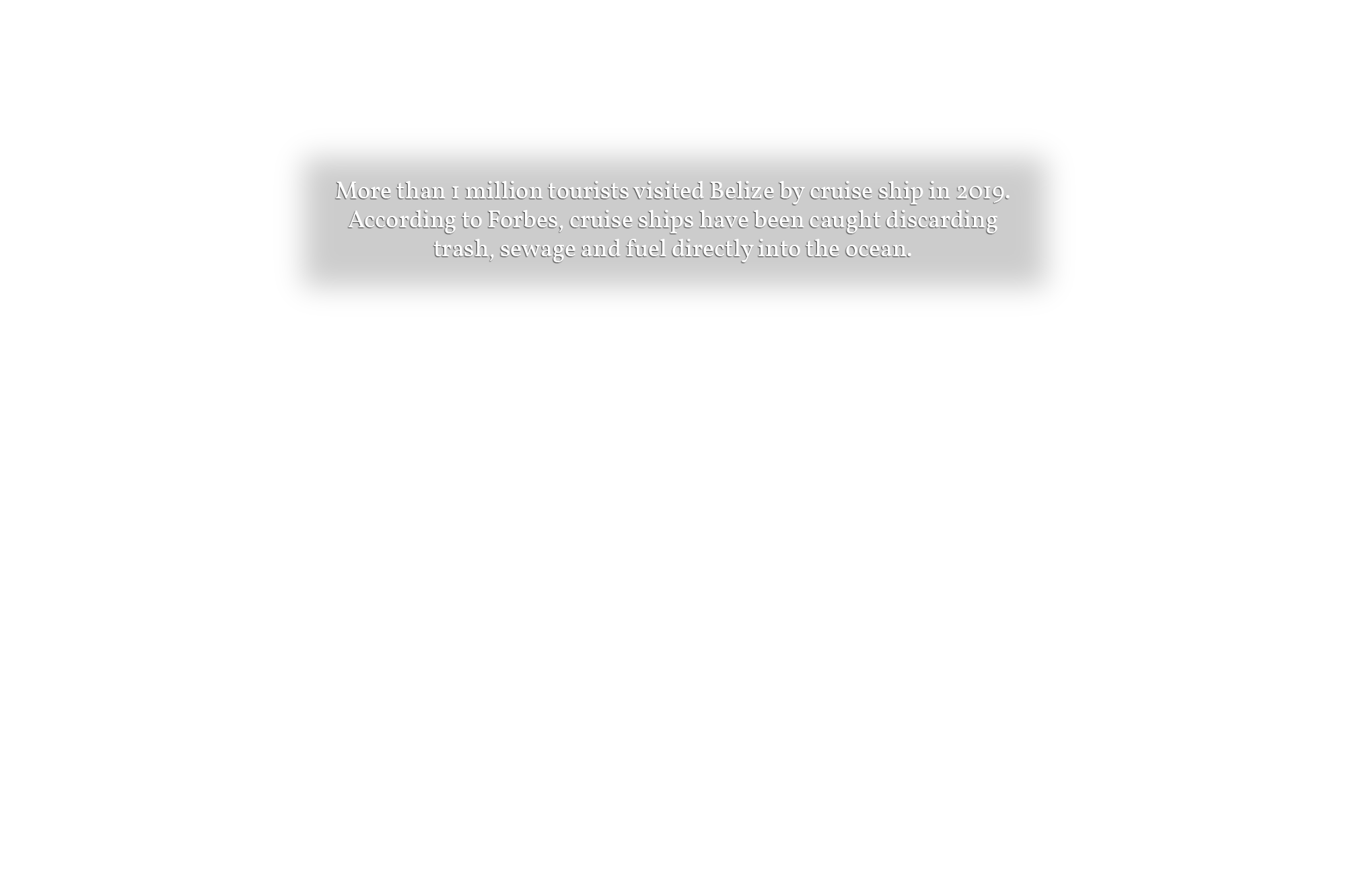
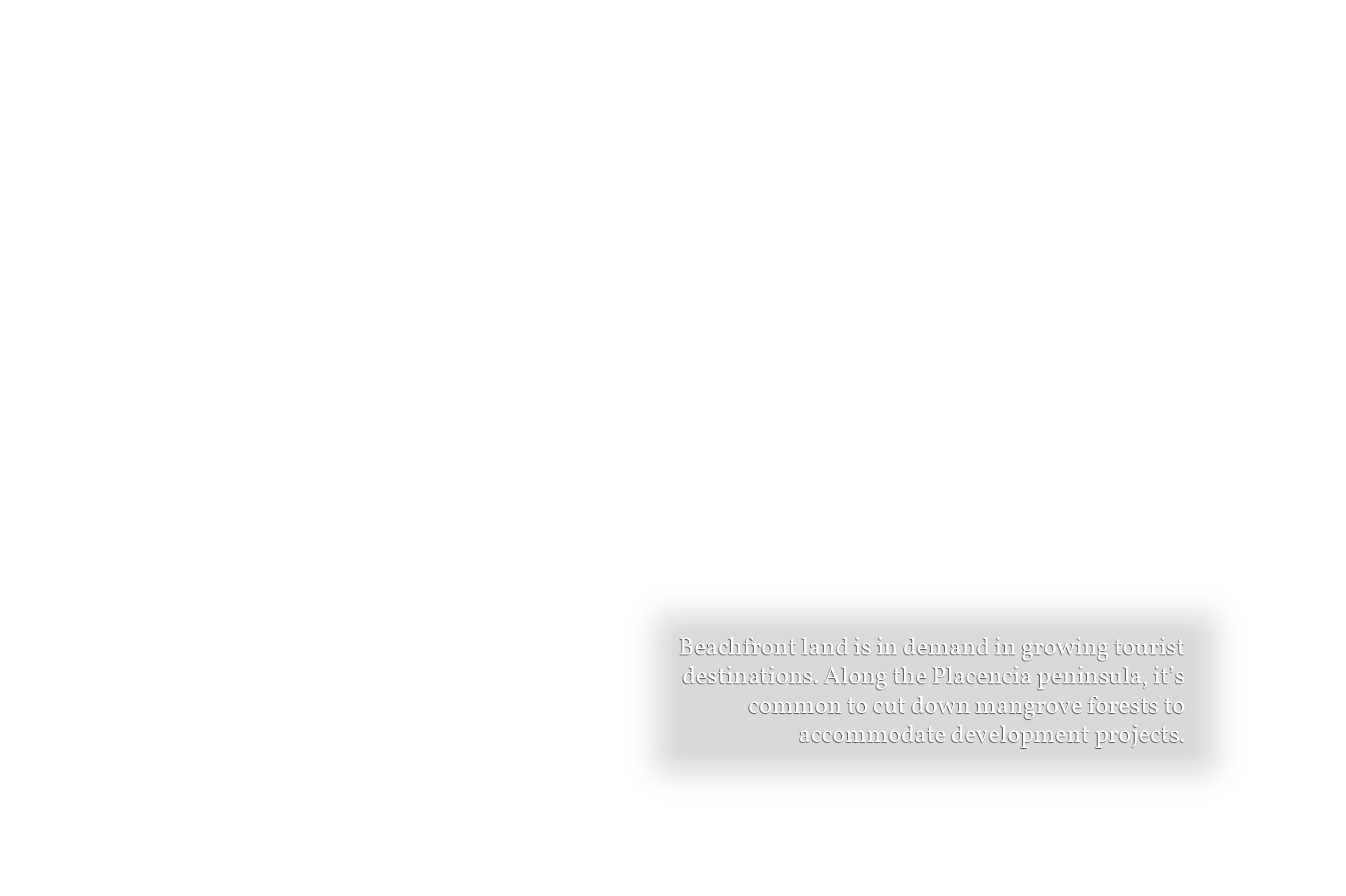

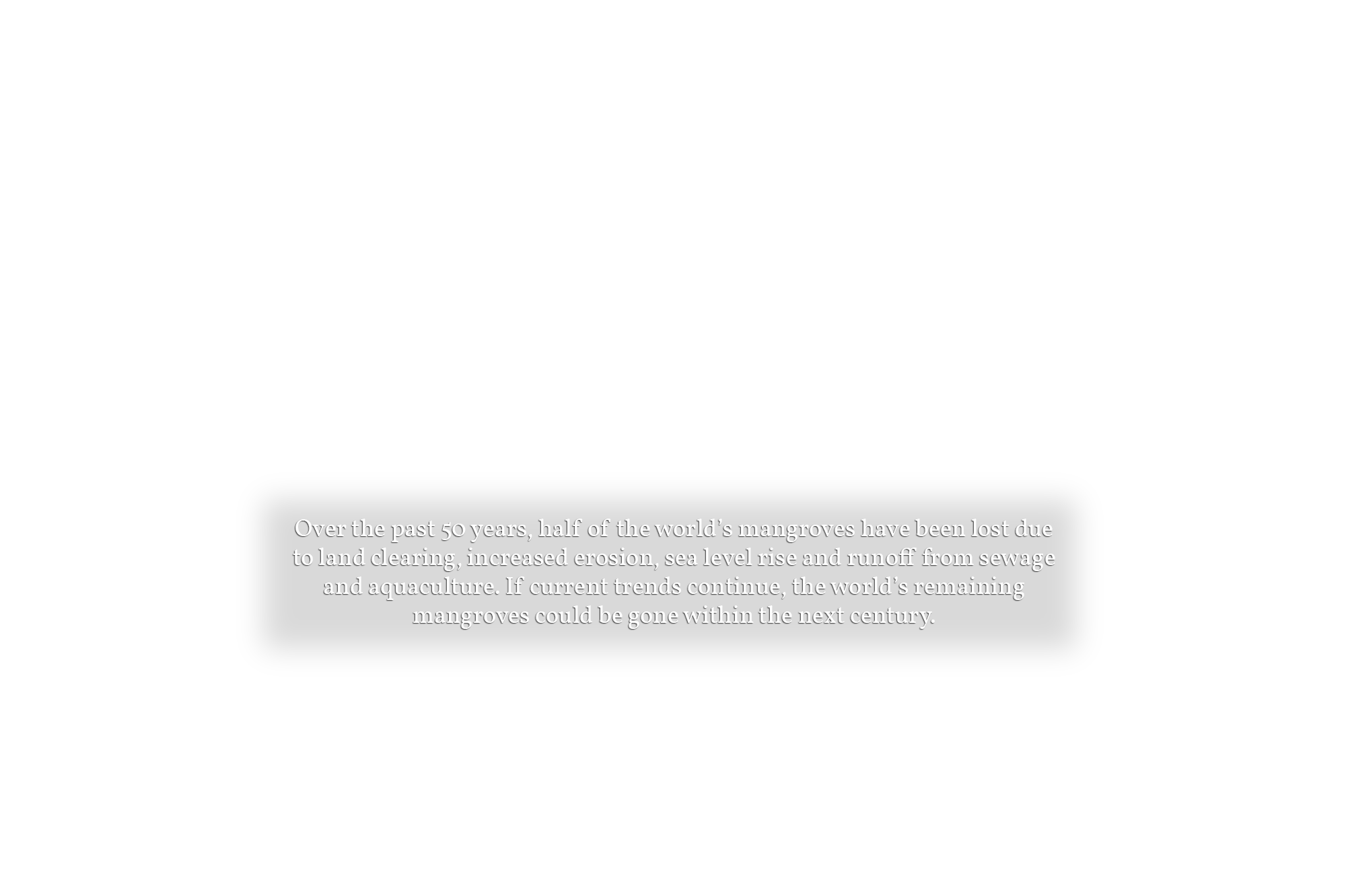
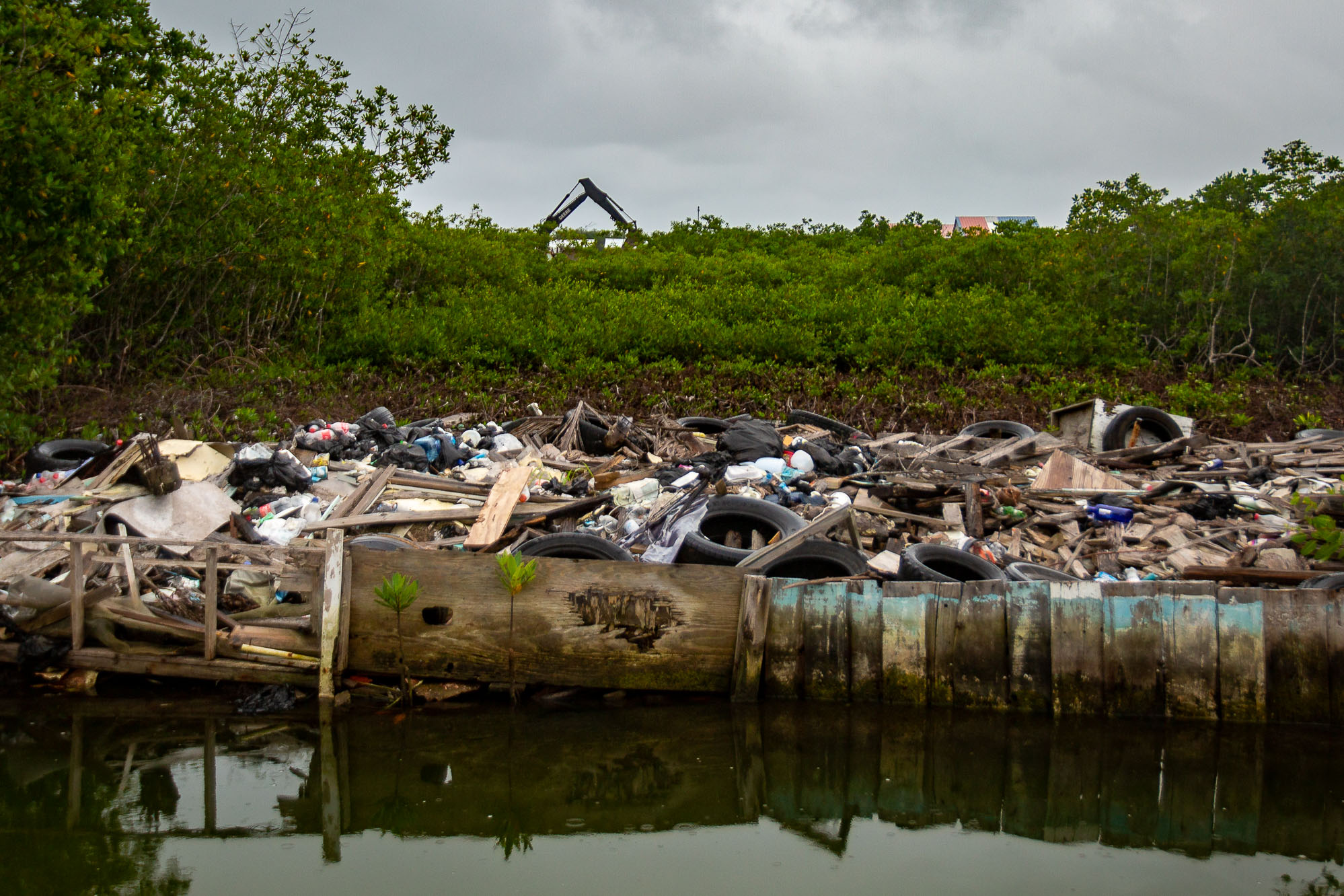
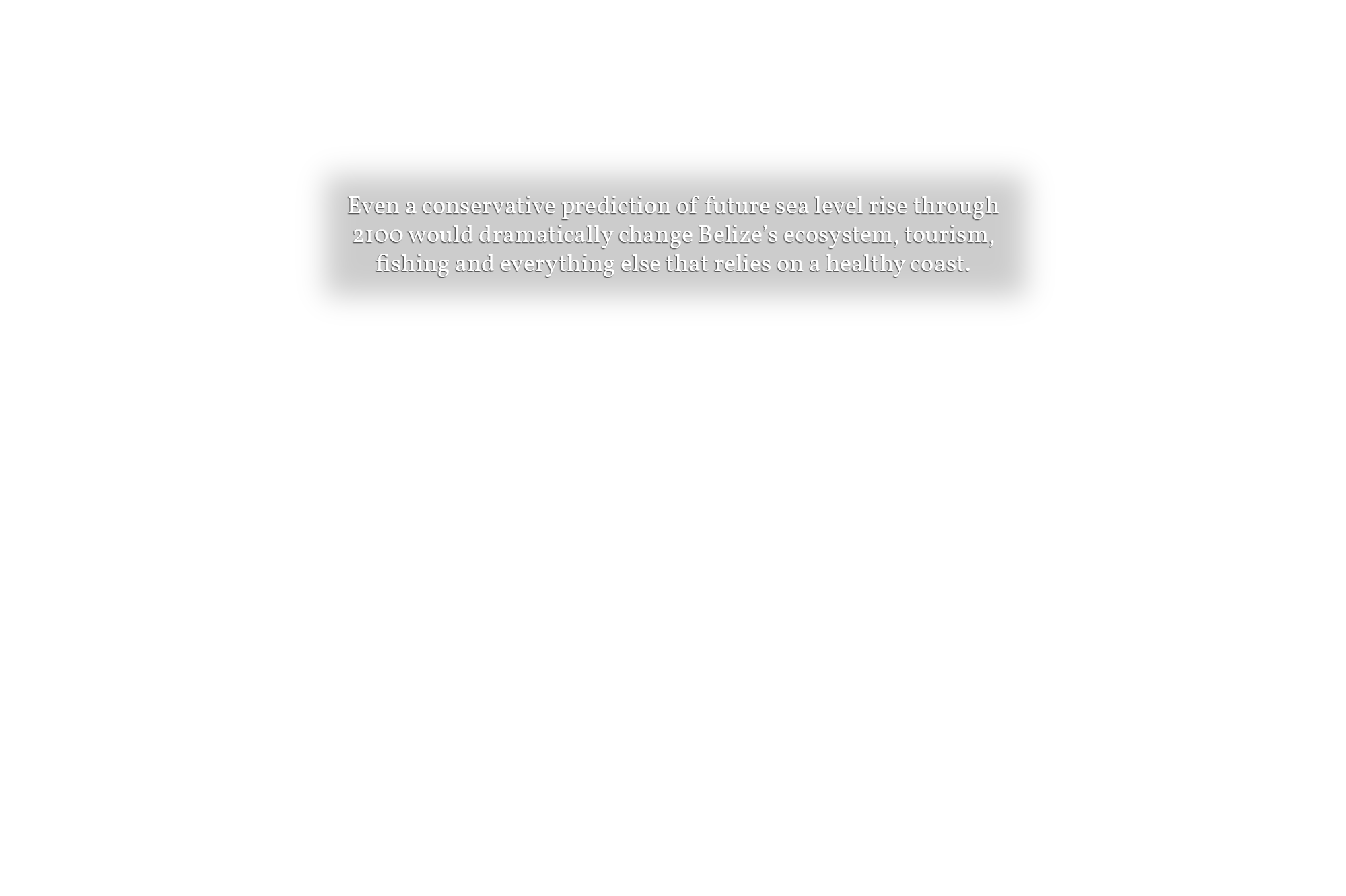
Photos by Dustin Duong, Haley France, Emily Caroline Sartin, and Hanna Wondmagegn
Sources:
- International Union for Conservattion of Nature
- Forbes
- Emil A. Cherrington
- Belize Ag Report
- National Geographic
- Belize Tourism Board
- Ocean Conservancy
- The San Pedro Sun
- Belize Tourism Board
- Forbes
- World Wildlife Fund
- Peter Urich
A Delicate Balance

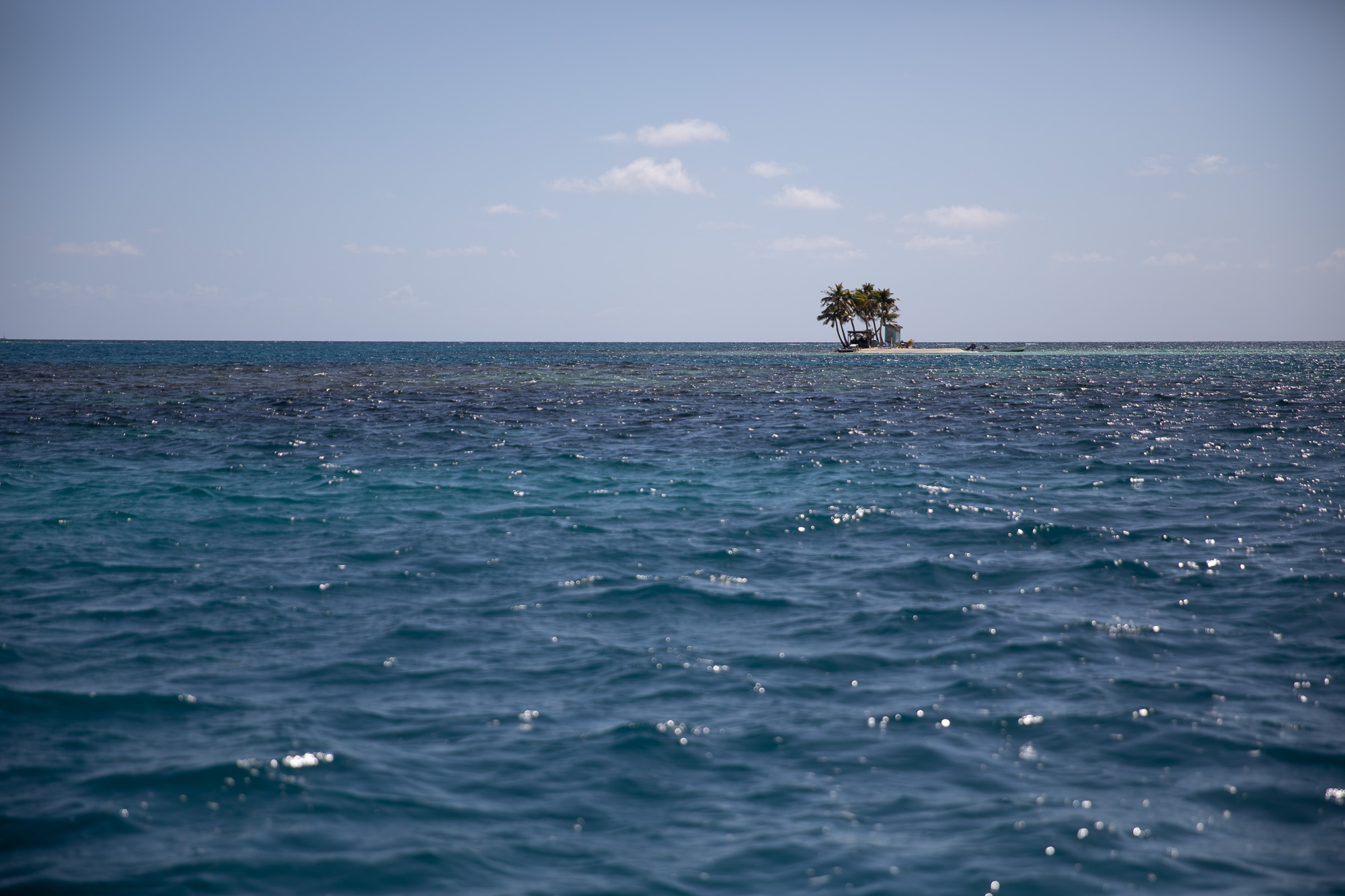
Belize is home to stunning landscapes and biodiversity, but preserving them is a delicate balance between humans and nature.
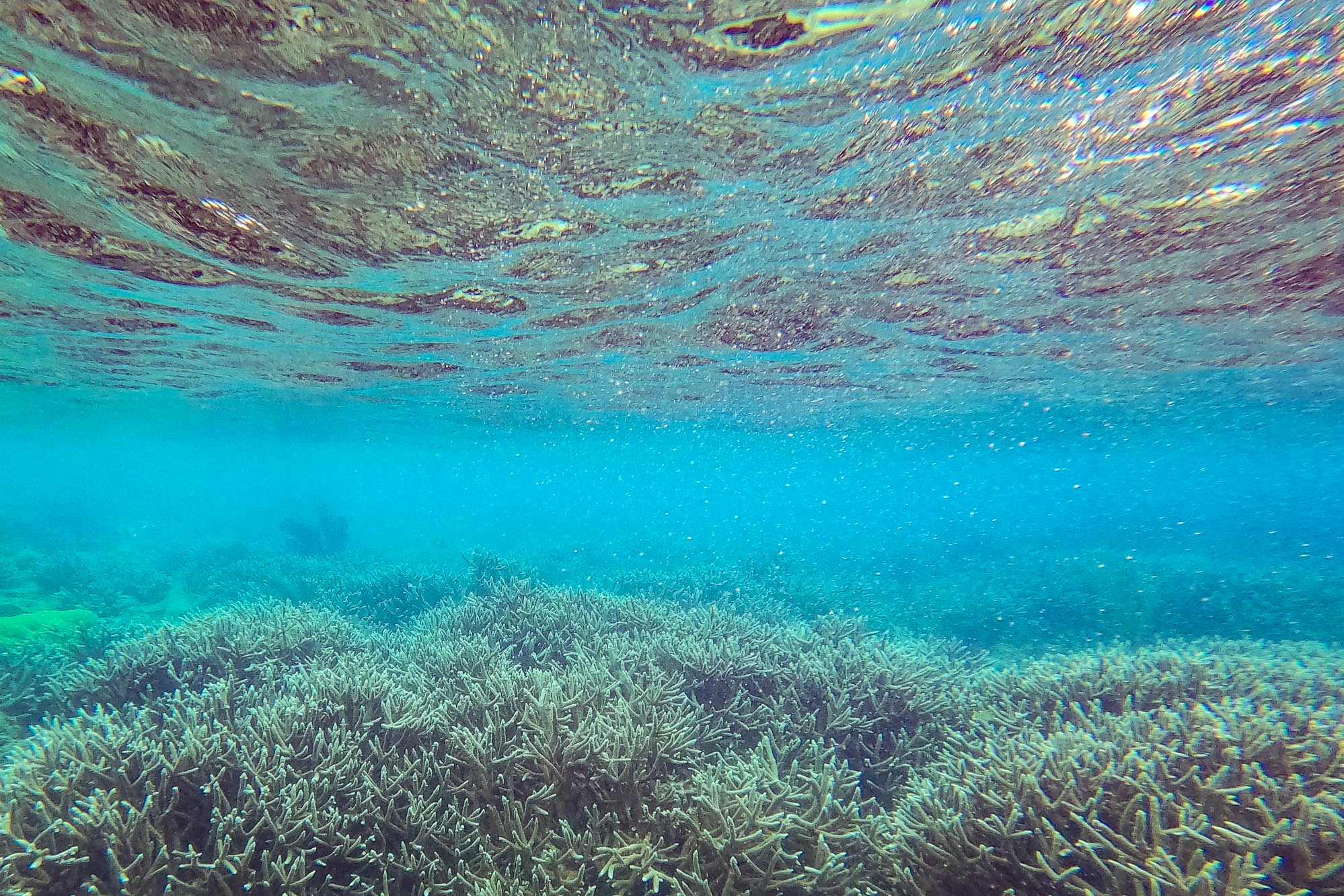
Coral is one of the most essential yet fragile pieces of Belize's ecosystem. Warming oceans and rampant development threaten to cause bleaching and disease in these complex creatures.

Scientists estimate that we will lose up to 90% of the world's coral reefs over the next 20 years.
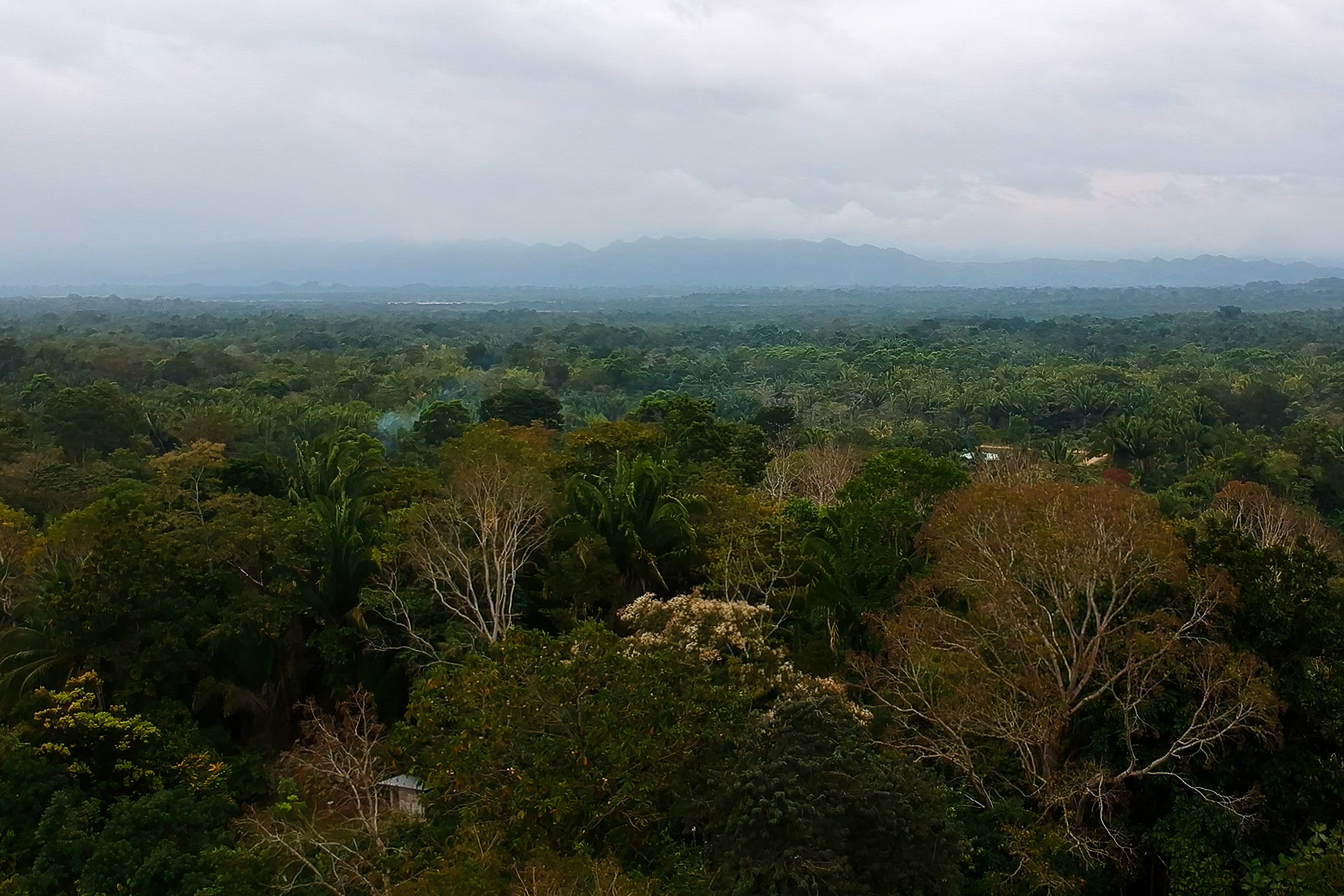
In Central America, Belize is currently the only country with over 60% forest cover. However, if current deforestation rates continue, this will fall to 50% in less than three decades. This heightens threats to habitats, climate control and watershed protections.

Agricultural development is a driving factor of deforestation in Belize and around the world.
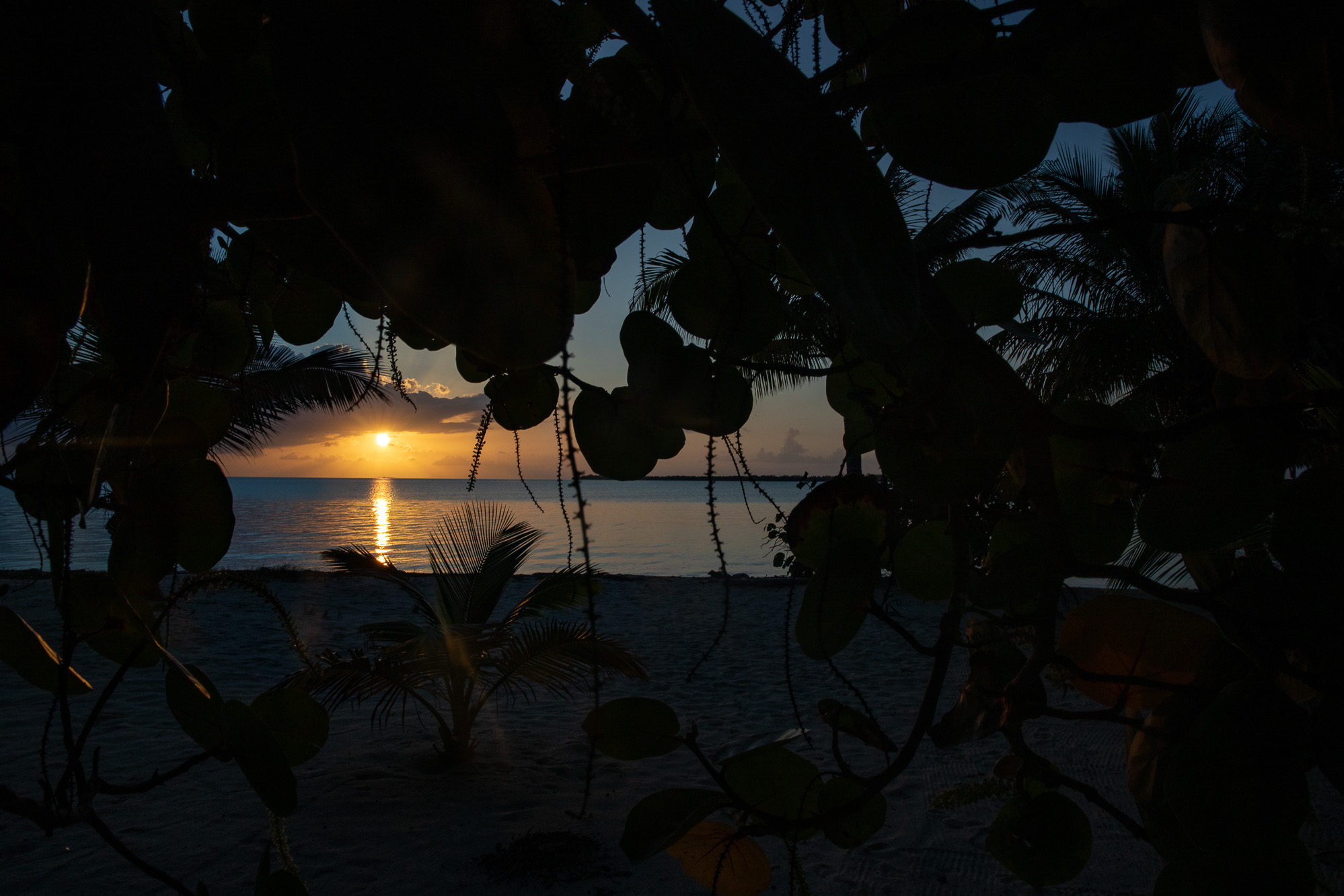
In December 2018, Belize was the first country in the world to pass a moratorium, an indefinite ban, on offshore drilling and exploration.
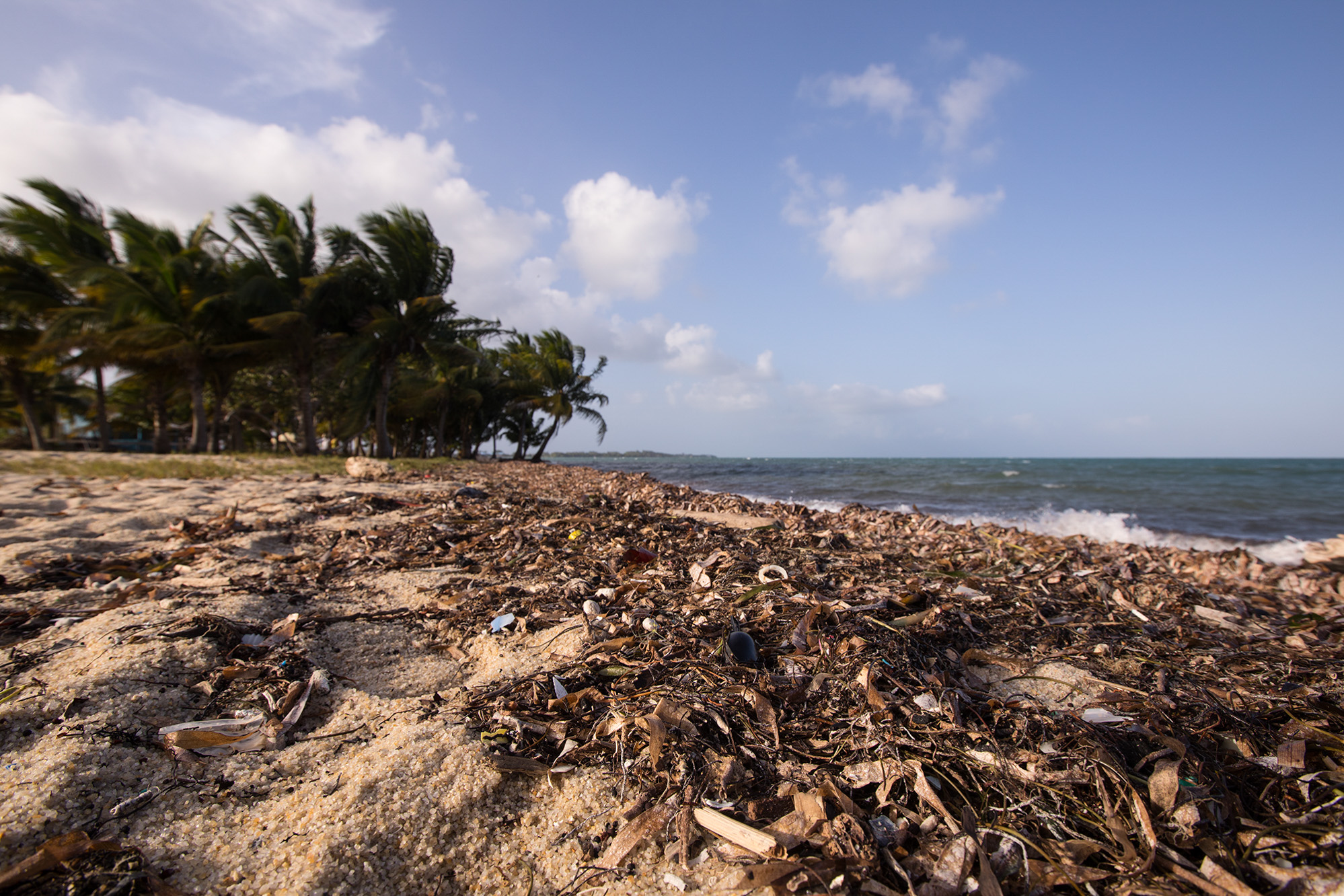
Belize is also seeing an increase in sargassum, a brown seaweed that flourishes as ocean temperatures rise. The Belize Tourism Board is promoting beach clean-ups as it piles up, since visitors find it unappealing.
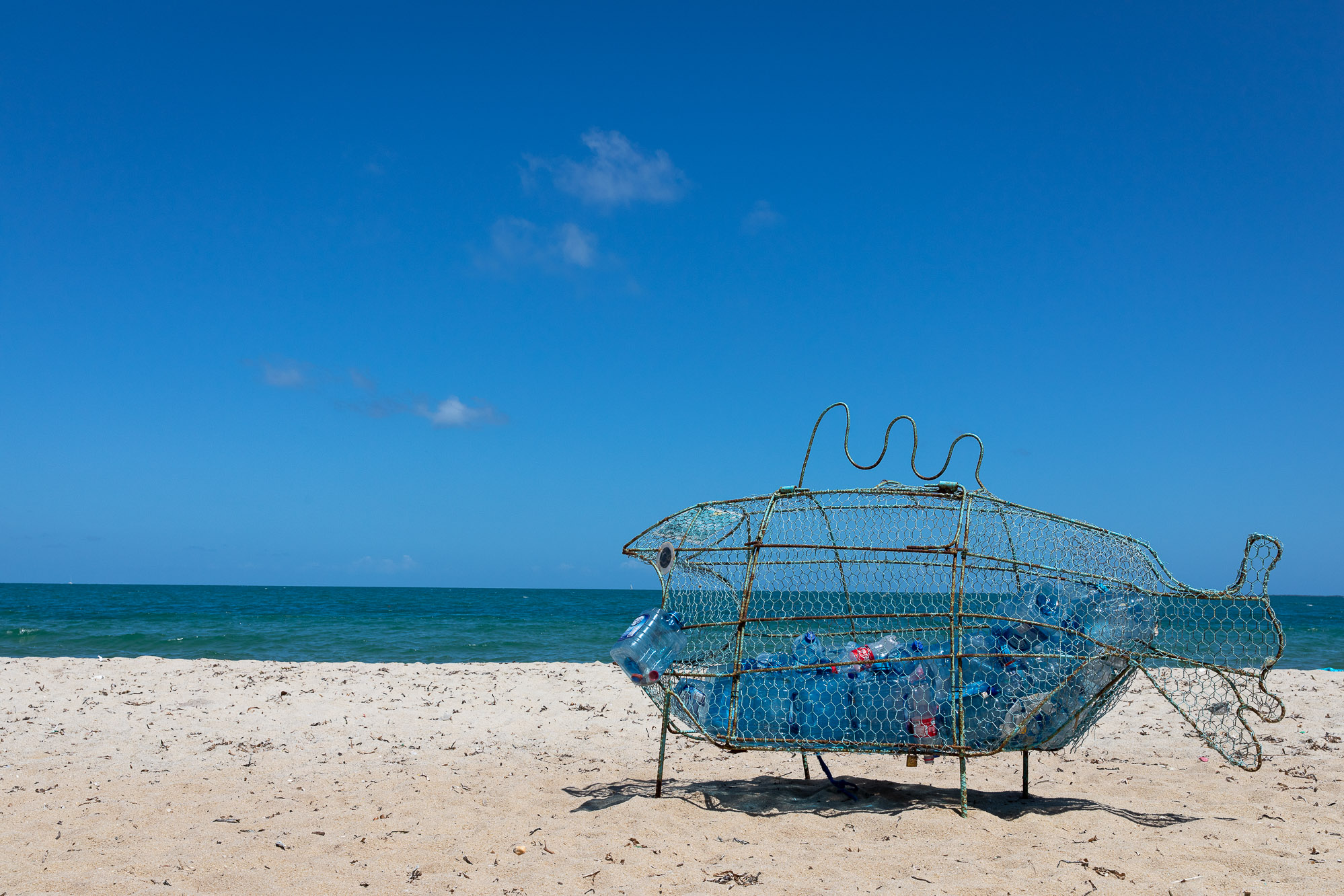
Each year, more than 8 million metric tons of plastic enter the world's oceans. To combat this, Belize passed legislation in January to ban single-use plastics, including shopping bags, styrofoam take-out containers and plastic utensils.
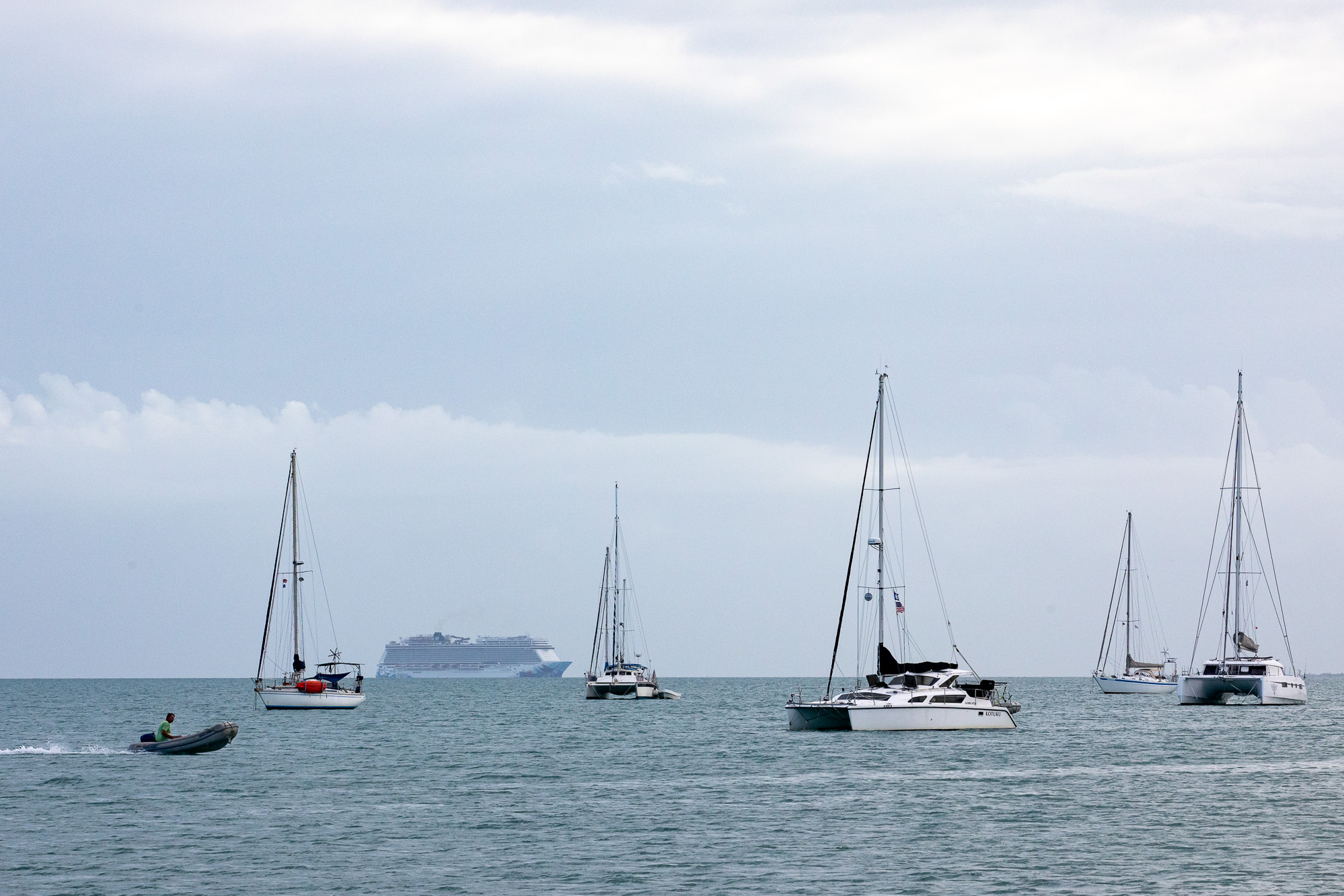
More than 1 million tourists visited Belize by cruise ship in 2019. According to Forbes, cruise ships have been caught discarding trash, sewage and fuel directly into the ocean.
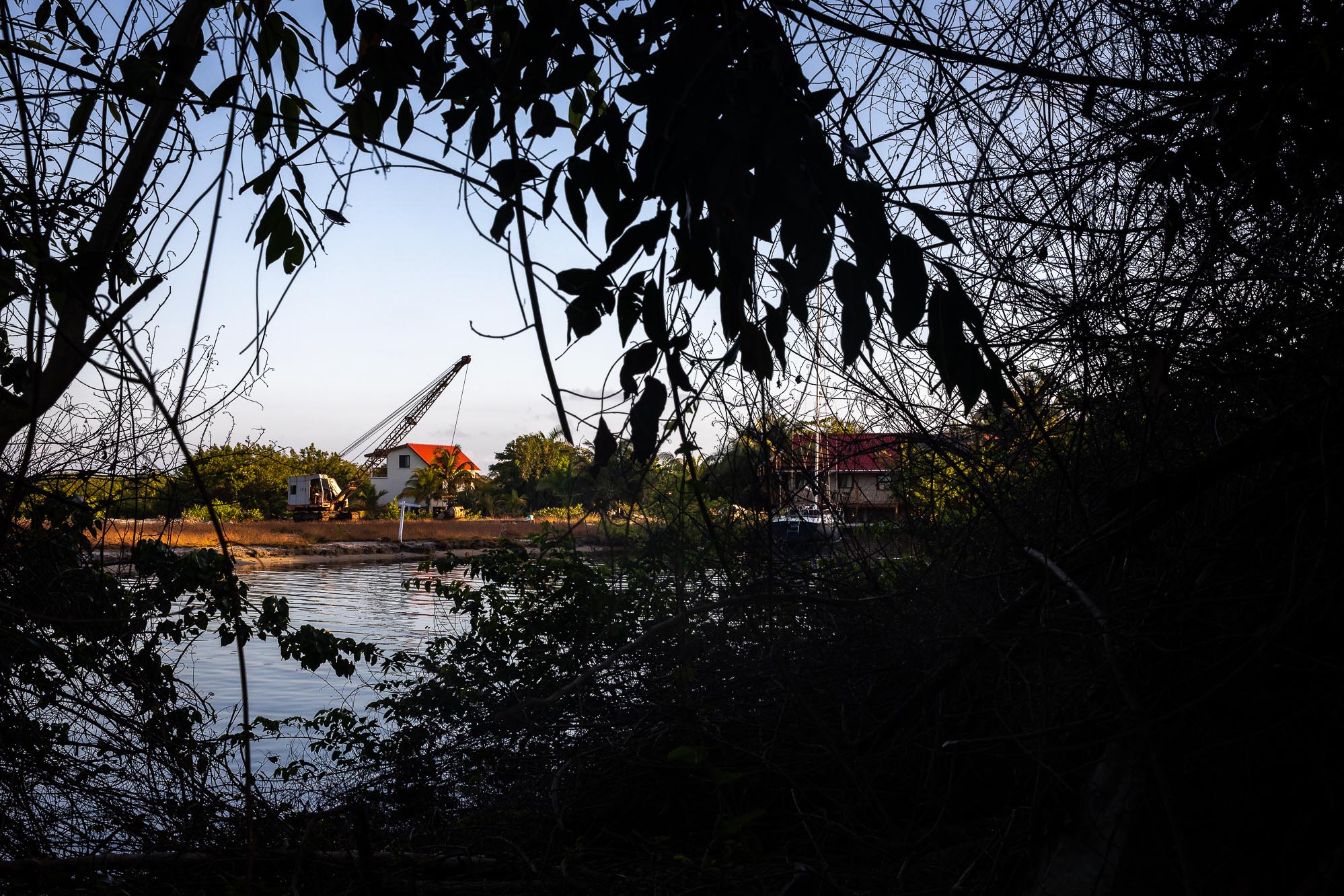
Beachfront land is in demand in growing tourist destinations. Along the Placencia peninsula, it's common to cut down mangrove forests to accommodate development projects.

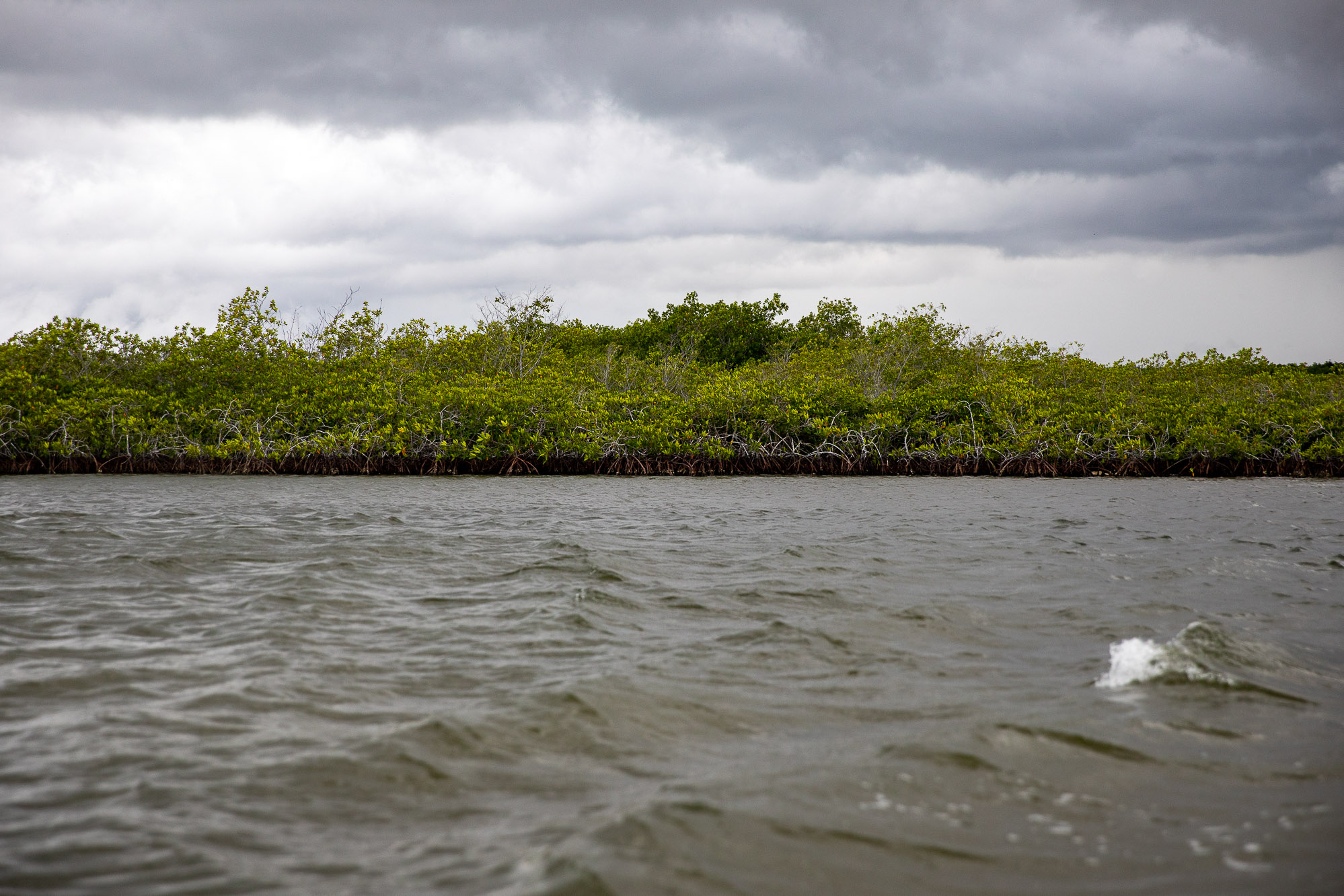
Over the past 50 years, half of the world's mangroves have been lost due to land clearing, increased erosion, sea levels rise and runoff from sewage and aquaculture. If current trends continue, the world's remaining mangroves could be gone within the next century.

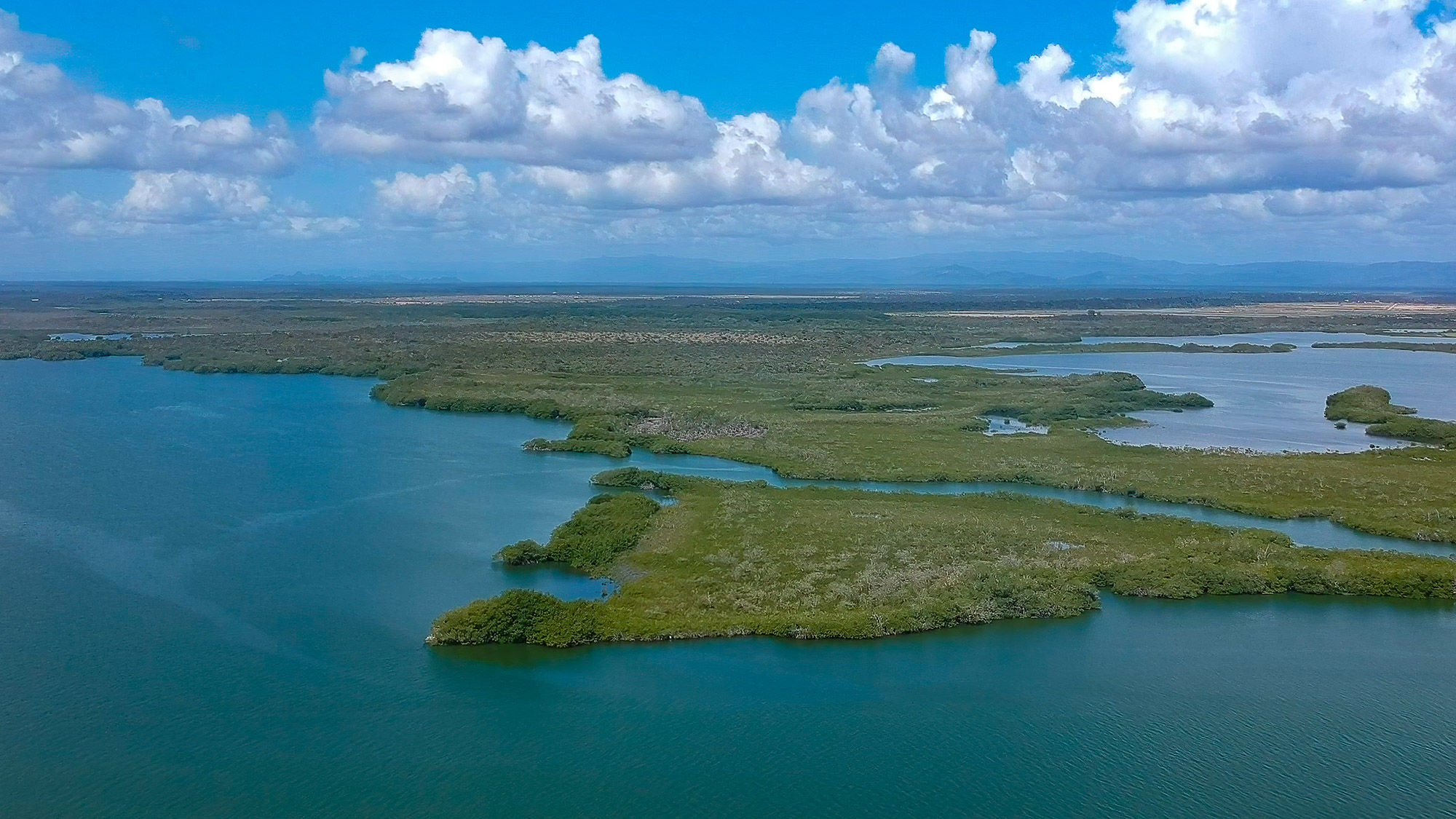
Even a conservative prediction of future sea levels rise through 2100 would dramatically change Belize's ecosystem, toursim, fishing and everything else that relies on a healthy coast.
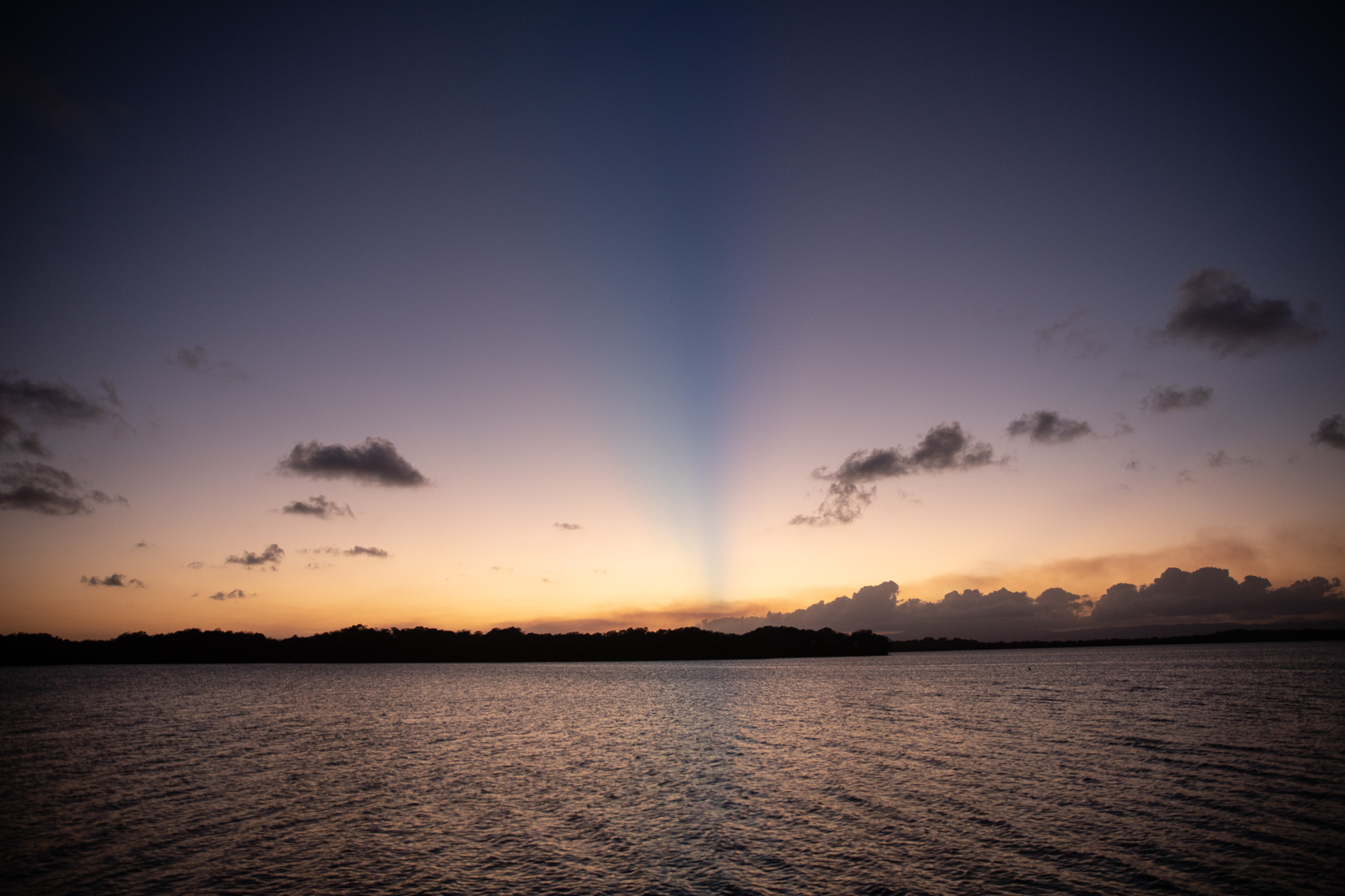
Photos by Dustin Duong, Haley France, Emily Caroline Sartin, and Hanna Wondmagegn
Sources:
- International Union for Conservattion of Nature
- Forbes
- Emil A. Cherrington
- Belize Ag Report
- National Geographic
- Belize Tourism Board
- Ocean Conservancy
- The San Pedro Sun
- Belize Tourism Board
- Forbes
- World Wildlife Fund
- Peter Urich
